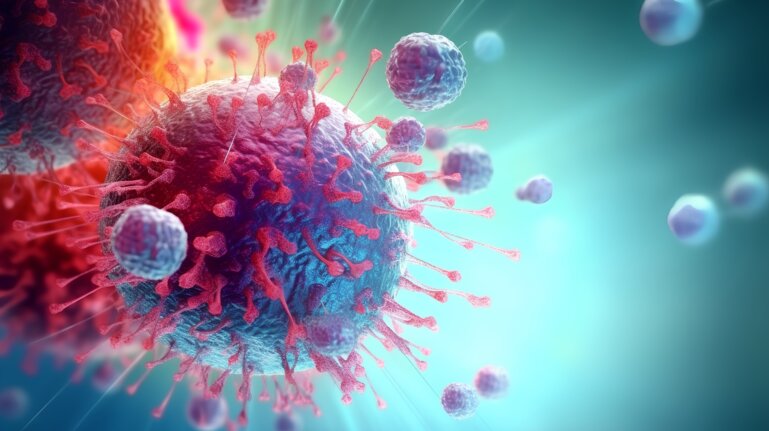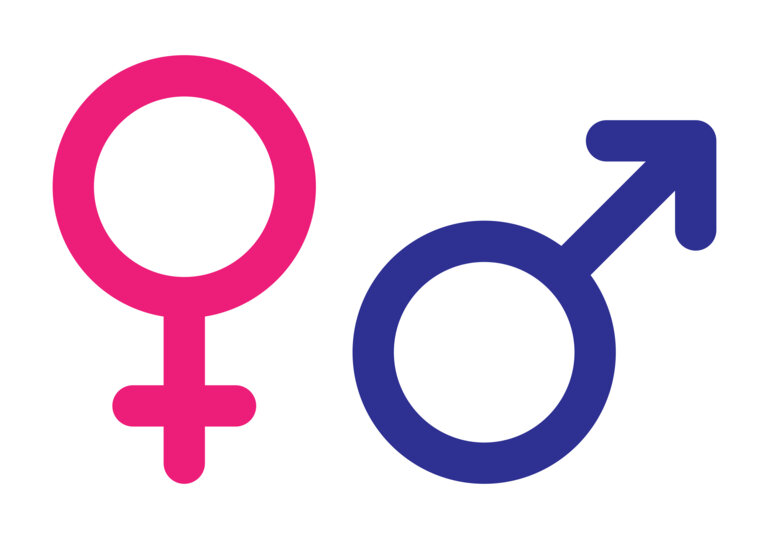
HER2+ breast cancer: from no hope to good prognosis in 20 years
Trastuzumab has transformed the prognosis for women with HER2+ breast cancer. On the occasion of the ESMO Breast Cancer Virtual Congress 2021, leading oncology experts recall with enthusiasm the pioneering work of researchers like José Baselga in this field and push for continuous research to investigate how to further improve the treatment of this cancer sub-type











